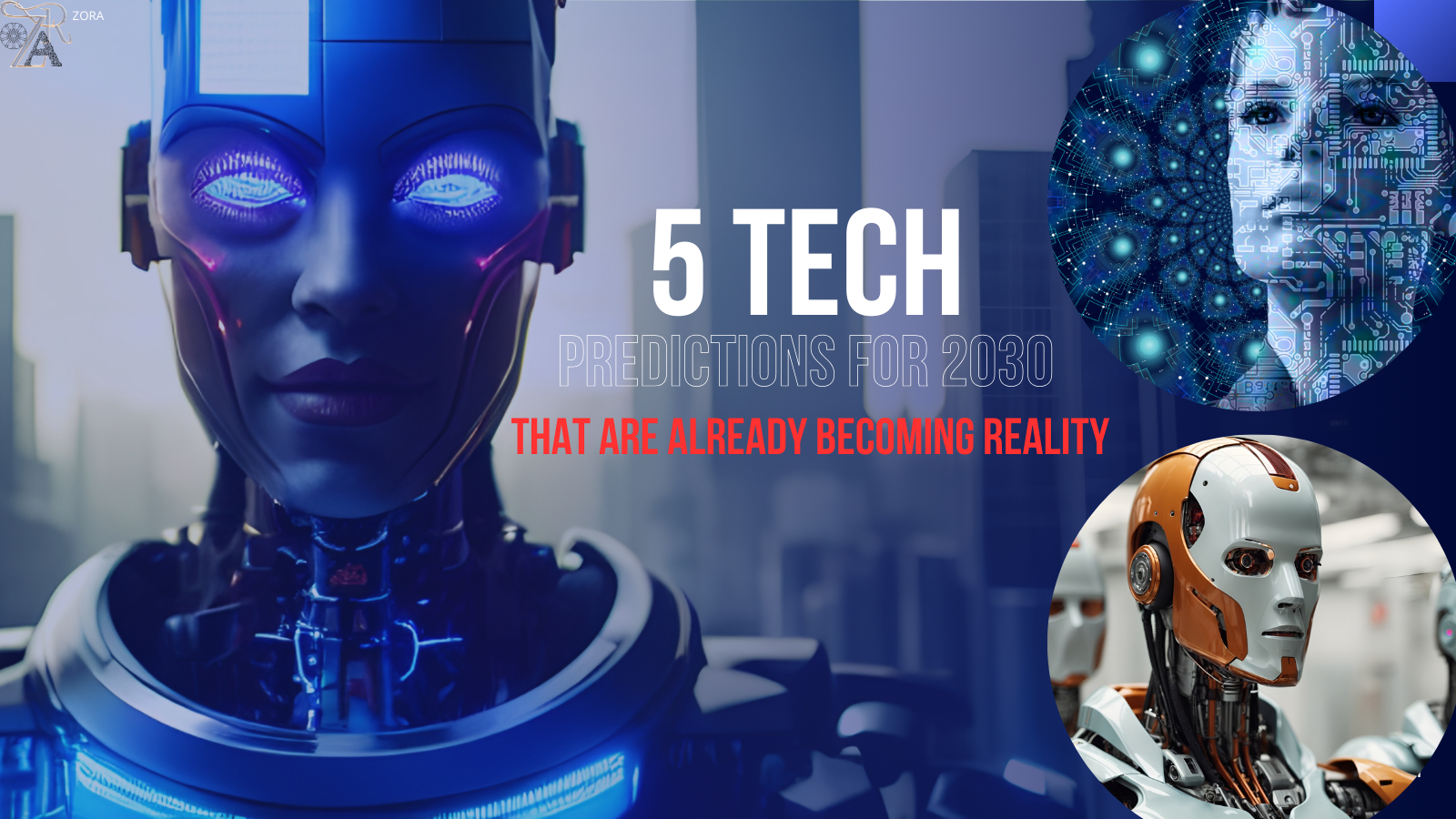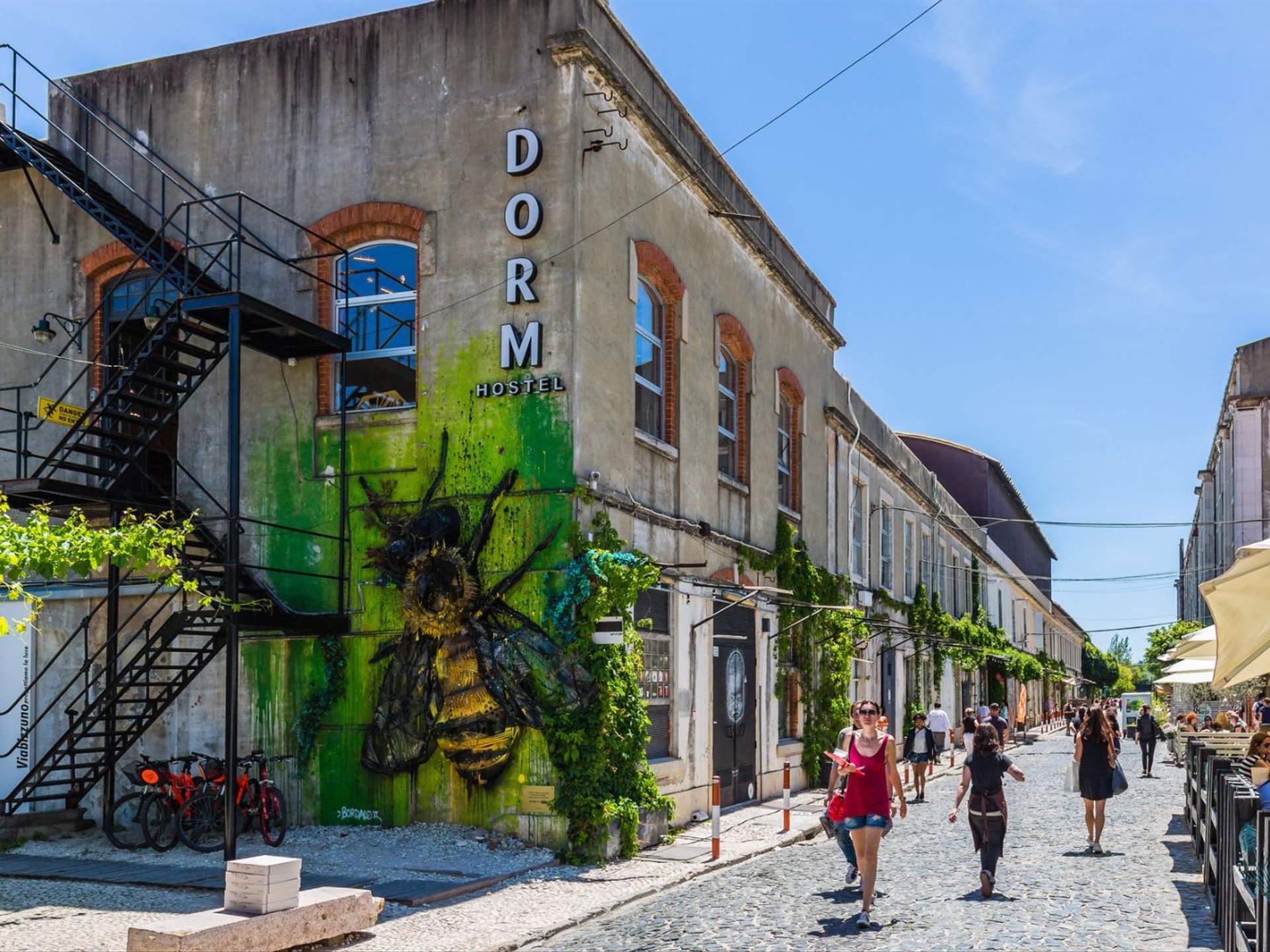The future is no longer a distant concept—it’s unfolding right before our eyes. As we move towards 2030, the rapid advancements in technology are set to redefine how we live, work, and interact with the world. What was once considered science fiction is now a tangible reality, backed by industry leaders and tech visionaries.
From AI-driven healthcare to hyper-intelligent cities, here are five groundbreaking tech predictions that experts say are on the verge of transforming our daily lives.
1. AI Will Replace Traditional Customer Service Roles
The rise of conversational AI has already reshaped customer service, but by 2030, human agents may become an exception rather than the norm. Thanks to emotionally intelligent AI and voice assistants that mimic human interactions, businesses will rely on AI to handle queries with precision and personalization.
According to industry experts, these AI-driven systems will go beyond scripted responses. They’ll anticipate customer needs, detect emotions, and resolve issues in real time, making traditional call centers obsolete. Companies like OpenAI, Google, and Amazon are already pushing the boundaries with AI models that can understand tone, sarcasm, and even frustration levels—a game-changer for customer experience.
“By 2030, AI-powered assistants will not just respond to customer queries; they will predict them before they happen.” – Mark Reynolds, AI Strategist
2. Holographic Smartphones Will Replace Screens
The days of staring at a physical phone screen may be numbered. By 2030, the smartphone experience is expected to shift to holographic projection technology, eliminating the need for physical displays. Instead, users will interact with 3D floating interfaces, projected directly into their surroundings.
Some of the world’s largest tech companies, including Apple and Samsung, have already filed patents for AR-powered contact lenses and wearable projection devices, setting the stage for a screen-free future. With the power of gesture-based controls and brain-computer interfaces, our reliance on physical devices could soon disappear entirely.
“Screen-based devices will be to 2030 what flip phones were to 2010—completely outdated.” – Lisa Carter, Augmented Reality Expert
3. Hyperloop Travel Will Challenge Airlines
The global transportation industry is on the verge of a radical transformation. Hyperloop systems—high-speed trains traveling in vacuum tubes—are being positioned as the future of travel, offering speeds of 700+ mph while maintaining a fraction of the environmental footprint of airplanes.
Major projects led by companies like Elon Musk’s Hyperloop, Virgin Hyperloop One, and TransPod have already completed successful tests, with commercial hyperloop routes expected to launch before 2030. These ultra-fast pods could reduce a six-hour flight to a one-hour journey, redefining long-distance travel and challenging the aviation industry.
“The world’s first commercial hyperloop route will mark the beginning of the end for short-haul flights.” – Daniel Klein, Transportation Futurist
4. AI Doctors Will Revolutionize Healthcare
By 2030, artificial intelligence will handle over 80% of medical diagnoses, reducing the need for human doctors in routine checkups. AI-powered health assistants will monitor vital signs, analyze symptoms in real time, and provide instant medical recommendations.
Tech firms are already developing AI-driven healthcare platforms capable of early disease detection and customized treatment plans based on genetic data. In countries with doctor shortages, AI-driven medicine could democratize healthcare, making professional-grade diagnostics accessible to everyone, everywhere.
“AI won’t replace doctors entirely, but it will make healthcare faster, cheaper, and more precise than ever before.” – Dr. Amanda Patel, Digital Health Expert
5. Smart Cities Will Manage Themselves
By 2030, major cities will transition into self-regulating ecosystems, where AI and IoT (Internet of Things) networks manage traffic flow, energy consumption, and public safety autonomously. AI-driven infrastructure will detect and address urban issues in real time, reducing pollution, optimizing public transportation, and even predicting crime before it happens.
Cities like Singapore, Dubai, and Tokyo are already integrating AI-powered surveillance, autonomous transit, and predictive policing, paving the way for fully automated urban environments. The ultimate goal? A city that manages itself, allowing human governments to focus on policy rather than daily operations.
“By 2030, the smartest cities will be the ones that can think for themselves.” – Michael Rivera, Smart City Innovator
The Future Is Closer Than You Think
2030 isn’t as far away as it seems, and these technologies are already shaping the next era of innovation. Whether it’s AI-driven healthcare, hyperloop travel, or holographic smartphones, one thing is certain: the next five years will redefine the way we live.
Are we ready for this level of disruption? Only time will tell.



